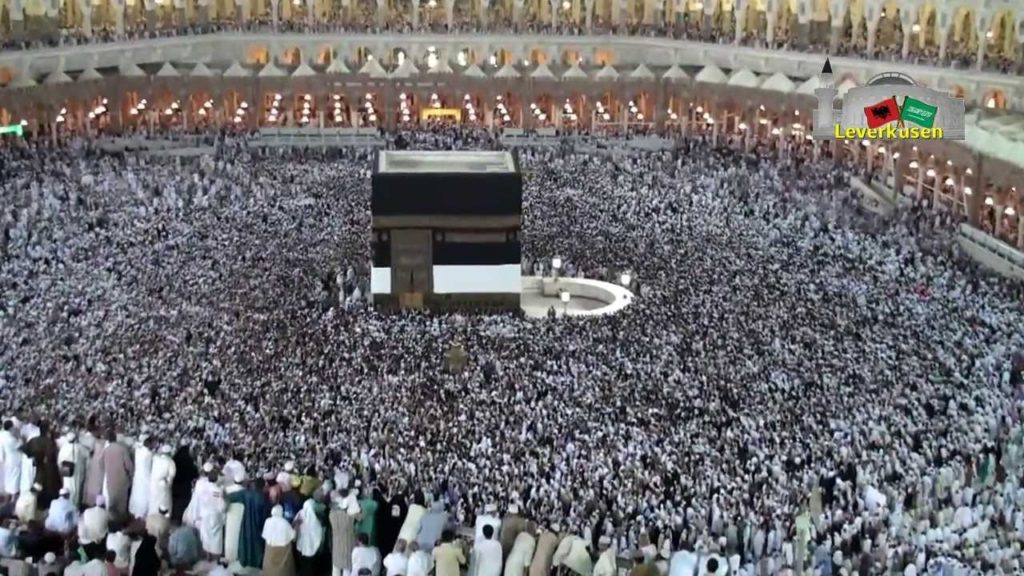
Muslim pilgrims from around the world gathered for an intense day of worship at Mount Arafat, 12 miles from the holy city of Mecca in Saudi Arabia. The day is considered to be the climax of the annual haji in the desert valley where Muslims believe the Prophet Muhammad delivered his final sermon, calling for equality and unity among Muslims.
The pilgrims set out for Arafat before dawn, chanting as they trekked. They remain there until nightfall in deep contemplation and worship.
The hajj is a once in a life time duty for all Muslims physically and financially able to make the journey, which takes the faithful along a path traversed by the Prophet Muhammad some 1,400 years ago.
Strict pandemic limits had upended the event for the past two years, effectively canceling one of the world’s biggest and most diverse gatherings. This year’s pilgrimage reached the attendance of 1 million worshippers. It is less than half of the pre-pandemic influx.
In their most noticeable effort to improve access, the Saudis have built a high-speed rail link to ferry masses between holy sites. Pilgrims enter through special electronic gates. Tens of thousands of police officers are out in force to protect the areas and control crowds.
With so many people from so many places crammed together, public health is a major concern. Saudi Arabia’s Health Ministry urged pilgrims to consider wearing masks to curb the spread of coronavirus, although the government lifted a mask mandate and other virus precautions last month.
Infections have increased steadily in the kingdom in recent months. There were no signs of social distancing in Friday’s mass procession.
With the hajj a major source of prestige and tourism for Saudi Arabia, the government is keen to do away with pandemic restrictions.
Once the hajj is over, men are expected to shave their heads, and women to snip a lock of hair in a sign of renewal.
Around the world, Muslims will mark the end of the pilgrimage with Eid al-Adha, or Festival of Sacrifice. The holiday commemorates the prophet Ibrahim’s willingness to sacrifice his son Ismail at God’s request.
Source: AP News